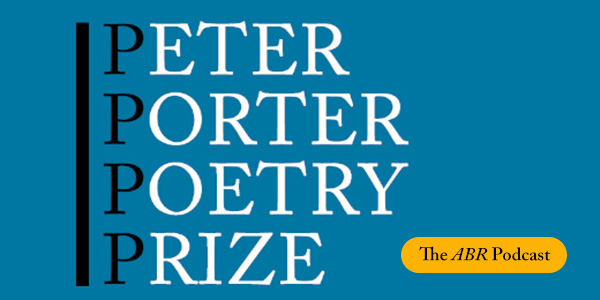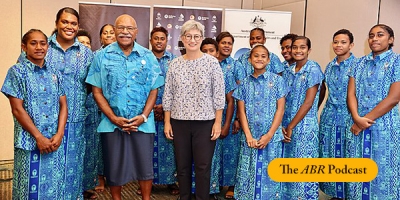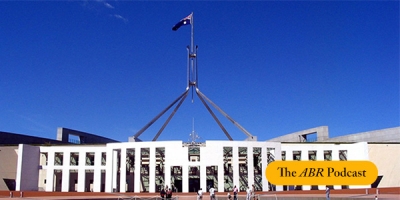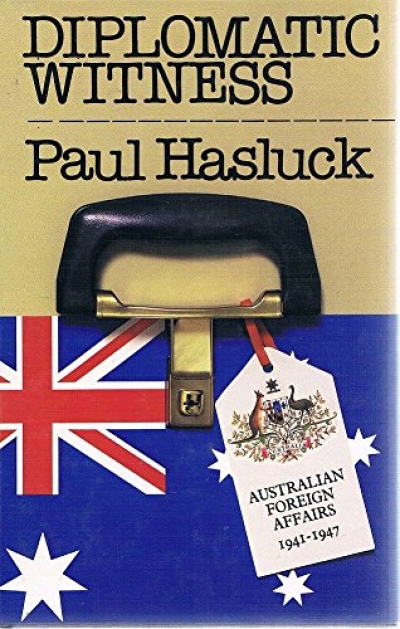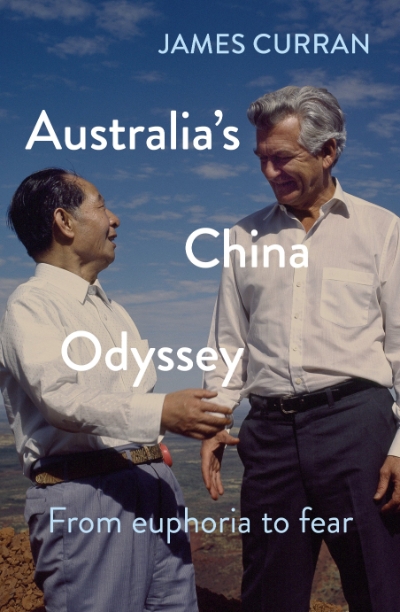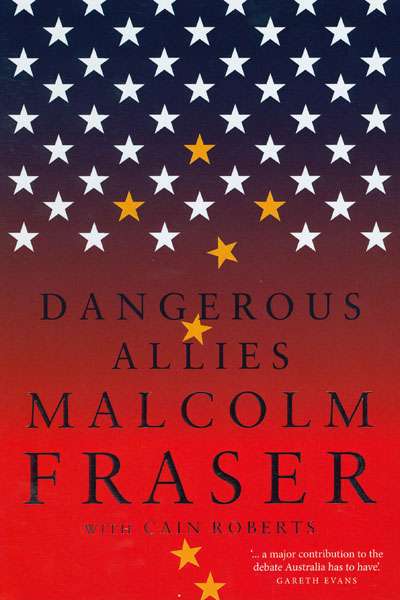Accessibility Tools
- Content scaling 100%
- Font size 100%
- Line height 100%
- Letter spacing 100%
Foreign Policy
The ABR Podcast
Released every Thursday, the ABR podcast features our finest reviews, poetry, fiction, interviews, and commentary.
Subscribe via iTunes, Stitcher, Google, or Spotify, or search for ‘The ABR Podcast’ on your favourite podcast app.
2025 Peter Porter Poetry Prize Shortlist
Read by the poets
This week on The ABR Podcast we feature the 2025 Peter Porter Prize shortlisted poems, as read by the five poets, published in the January-February issue of ABR.
Recent episodes:
This year marks seventy-five years of Indian independence from Britain. The anniversary coincides with India’s Presidency of the G20 summit, which will take place in New Delhi this September. This week on the ABR Podcast, we hear from John Zubrzycki, who argues that Indian Prime Minister Narendra Modi is using the G20 platform to articulate a new foreign policy stance. John Zubrzycki has worked in India as a diplomat and foreign correspondent and is the author of The Shortest History of India. Listen to John Zubrzycki with ‘Politics by other means’.
... (read more)The Four Ages of American Foreign Policy: Weak power, great power, superpower, hyperpower by Michael Mandelbaum
Nearly fifty years ago, when President Lyndon Johnson decided to begin scaling down Washington’s disastrous war in Vietnam, the Australian Minister for the Air, Peter Howson, confided to his diary that ‘to my mind it’s the first step of the Americans moving out of Southeast Asia and … within a few years, there’ll be no white faces on the Asian mainland’.
... (read more)In this week’s ABR podcast, James Curran considers the response of Asia-Pacific nations to the government’s decision to retain AUKUS, the major foreign affairs initiative of the Morrison government. In seeking to shape this response, Foreign Minister Penny Wong’s message is necessarily complex, argues Curran.
... (read more)Unlike in the United States and several other Western nations, Australian governments are under no compulsion to consult parliament before sending troops to war. In Subimperial Power: Australian in the international arena, Clinton Fernandes argues that this reflects, and furthers, Australia’s longstanding ambition in foreign affairs, which is to demonstrate its usefulness to the United States. In this week’s ABR Podcast, Kevin Foster, an academic at Monash University who has published widely on war in the Australian media, reviews Subimperial Power.
... (read more)Diplomatic Witness: Australian foreign affairs 1941-1947 by Paul Hasluck
Australia’s fraught journey with China continues. The Albanese government now wrestles with the same harsh global and regional realities as its predecessors. The crisis brought about by US House of Representatives Speaker Nancy Pelosi’s visit to Taiwan in early August now appears to have ruptured much of the initial attempts on both the Australian and Chinese sides to at least begin talking to each other again.
... (read more)Australia’s China Odyssey: From euphoria to fear by James Curran
Surely it wasn’t meant to be like this. In early September, Prime Minister Scott Morrison was set to attend a lavish ceremony in Washington to mark the seventieth anniversary of the signing of the ANZUS Treaty. On the same trip, he was due to sit down in person for the first time with his US, Indian, and Japanese counterparts, fellow members of the ‘Quadrilateral Security Dialogue’, or ‘Quad’, a gathering primed to be a regional counterweight to China.
... (read more)
